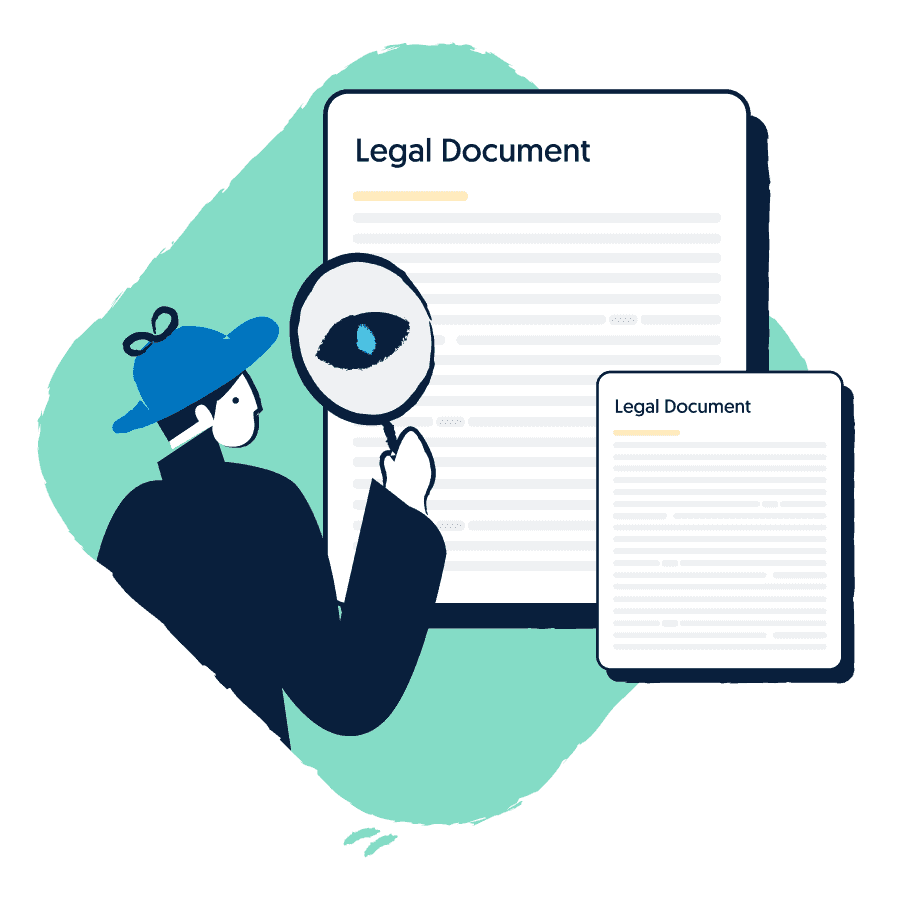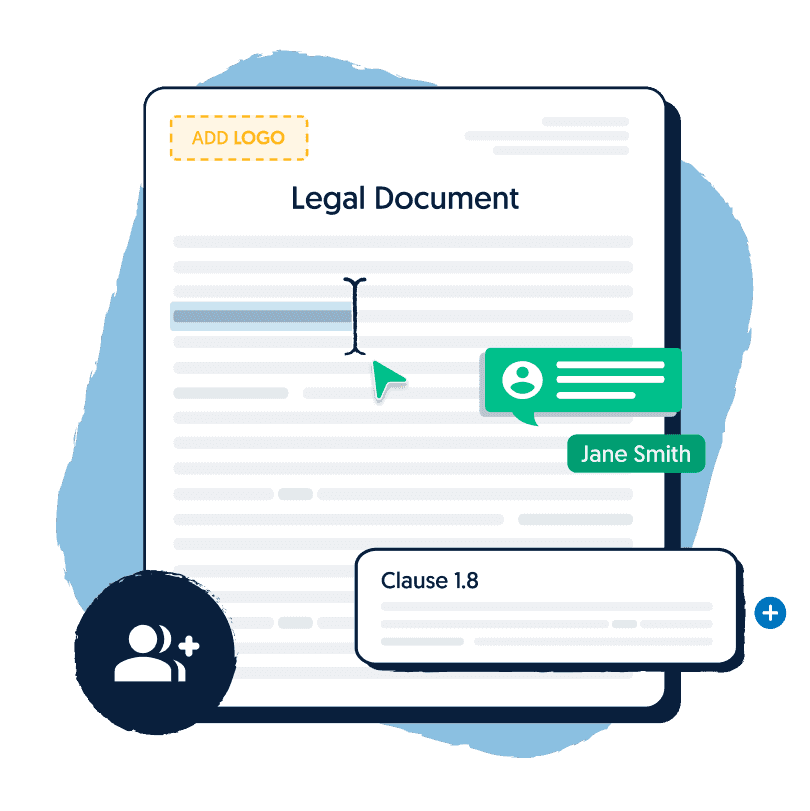
How to Change from Sole Trader to Company
Change from sole trader to company in Australia in a few easy steps. Here’s your detailed guide on ABN, ACN, assets, and more.
Take control of your time. Get access to legally-verified legal documents quickly.

A legal document that you can use to disclose confidential information to another party, while protecting either party from distributing that information to any other person or entity.
Allows you and another party to share confidential information while legally forbidding the other party from disclosing that information to any other person or entity.
Is a legal document that you can use to disclose confidential information to another party, while legally forbidding the recipient from disclosing that information to any person or entity.
A Non-Disclosure Agreement (Mutual) allows you and another party to share confidential information while legally forbidding either party from disclosing that information to any other person or entity.
A confidentiality agreement is a legal contract between two or more parties that prohibits them from disclosing confidential information to third parties without authorisation. The confidential information can include trade secrets, business strategies, customer data, financial information, and any other sensitive material that the parties wish to keep private.
The primary purpose of confidentiality agreements is to protect confidential information from unauthorised disclosure. This is particularly important in business dealings, where companies need to share sensitive information with their employees, partners, vendors, or contractors, without the risk of it being shared outside the intended recipient.
By signing a confidentiality agreement, all parties agree to keep the confidential information secure and not share it with unauthorised people.
Confidentiality agreements are used in a wide range of industries and sectors in Australia, including but not limited to:
The duration of a confidentiality agreement depends on the parties involved and the nature of the confidential information being shared. In some cases, confidentiality agreements may have an expiry date, while in other cases, they may remain in effect indefinitely.
The validity of a confidentiality agreement depends on its enforceability and compliance with local laws and regulations.
Yes, confidentiality agreements are legally binding and enforceable in Australia. The law recognises the importance of protecting confidential information and provides remedies for breach of confidentiality agreements. However, for a confidentiality agreement to be enforceable, it must meet certain legal requirements, such as being reasonable in scope, clear, and specific.
Confidentiality agreements can hold up in court if they are properly drafted, meet the legal requirements, and the parties have complied with their obligations. In the event of a breach of a confidentiality agreement, the affected party can seek legal remedies, such as injunctions, damages, or specific performance.
However, the enforceability of a confidentiality agreement can depend on the specific circumstances of the case, and it is advisable to seek legal advice before proceeding with legal action.
If you breach a confidentiality agreement, you may be liable for damages, and the affected party may seek legal remedies, such as injunctions, damages, or specific performance. The consequences of breaching a confidentiality agreement can be severe, especially if the information disclosed was sensitive and valuable.
Confidentiality agreements and non-disclosure agreements (NDAs) are similar in their purpose to protect confidential information from being disclosed or used without authorisation. However, there are some differences between the two.
Confidentiality agreements are more general in nature and can cover a wide range of confidential information. They are commonly used in business dealings where sensitive information is shared between parties, such as during mergers and acquisitions, partnerships, or when a company hires a contractor or consultant. The scope of the confidential information can include trade secrets, intellectual property, financial information, client lists, and any other proprietary information that may provide a competitive advantage to a business or organisation.
On the other hand, NDAs are more focused on specific information or trade secrets. They may also include specific provisions related to intellectual property rights and may be used in a variety of settings, including employment agreements, licensing agreements, or research and development agreements.
NDAs are often used when a party is sharing confidential information with another party for a specific purpose, such as a business proposal or product development.
Set up a free account
Search and find the document you need from our list
Follow the prompts and fill in all the relevant details
View and share your ready to use legal document


Change from sole trader to company in Australia in a few easy steps. Here’s your detailed guide on ABN, ACN, assets, and more.

Are you looking to cancel your Australian Business Number (ABN)? Read this guide to find out how to do it and what this means for you.

Want to protect your invention? Read about the type of inventions that can be patented and how you can legally protect your idea.



Sign up to a free Lawpath account!
Our experienced lawyers are here to help.

Solutions

Copyright Lawpath Operations Pty Ltd ABN 74 163 055 954. Lawpath is an online legal service that makes it faster and easier for businesses to access legal solutions solely based on their own preferences. Information, documents and any other material featured on the Lawpath website, blog or platform is general in nature. You should always seek advice from a qualified professional to check if Lawpath's materials or services meet your particular circumstances. You can access in-house and 3rd party qualified professionals through certain products sold by Lawpath. Use of Lawpath and lawpath.com.au is subject to our Terms and Conditions and Privacy Policy.
Lawpath Operations Pty Ltd (ACN 163 055 954) ("Lawpath") is a corporate Authorised Representative (number 1316602) of Amplus Global Pty Ltd (ACN 162 631 325), the holder of Australian Financial Services Licence number 505929. Any financial product advice provided in this website is general in nature. Content on this website does not take into account the objectives, financial situation or needs of any person, and as such, you should consider the appropriateness of the advice having regard to your own objectives, financial situation and needs. Where necessary, you should obtain a Product Disclosure Statement relating to the product and consider it before making any decision about whether to acquire the product. Lawpath believes the information contained in this website is correct. All information, opinions, conclusions, estimates or recommendations provided are included with due care to its accuracy; however, no representation or warranty is made as to their accuracy, completeness, or reliability.